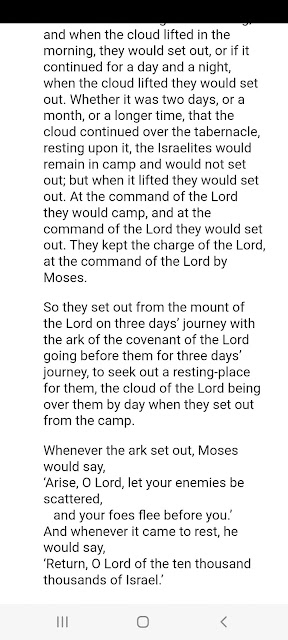America, America, the nation whose
children shoot dead their fellow children. Why do they not understand? Why do
they deny they have a problem, or acknowledge the problem but appear to be
impotent to address it? Why? Because America is an addict, addicted to guns.
In the UK, we do not share this
addiction, cannot comprehend it. But we are also addicted, to alcohol. It is
routine for me to hear someone say, with no remorse, I have no memory of how I
got from where I was drinking to where I was sleeping, no memory of the night
before.
The two different addictions share a
root desire, our deep desire for oblivion. The weight of the world, the demands
placed upon us, the burden of a seemingly incessant present and a seemingly
unrewarding future, all this pushes us to the edge of the abyss. We stand on
the edge, look over, and take a step forward. Sometimes we jump pre-emptively.
The thing is, the desire for oblivion
is built into the fabric of creation, by design. Sleep is oblivion. The sun
sleeps by night, and the moon and the stars by day. Winter, spring, summer and
autumn all sleep for three seasons (though we’ve ****ed that up). And Sabbath
is a particular form of oblivion, a weekly rest from the clamour.
The difference between Sabbath
practices and addictive behaviour is relationship, the recognition that
oblivion with another, with an Other, is as healing as oblivion alone is
wounding. That is why members of recovery groups acknowledge up front their
need for a higher power, not to fix them (note the confession, ‘I am an
alcoholic,’ not, ‘I was an alcoholic’) but to be with them. That is also
why the Church has developed, over centuries, patterns of stopping, to pray, to
yield, to trust.
We still struggle, of course. Just
yesterday, hours before news of the latest school shooting across the Atlantic,
I confessed to someone that at times I get so wound up that I am very glad I
have no access to assault rifles and ammunition. I was not being flippant, nor
seeking to shock. I am no different from others. We still struggle: but,
trusting that nothing in all creation can separate me from the love of God that
is fully expressed in Jesus, who will never forsake me, I choose to receive the
oblivion my soul longs for, and the life that will flow out of it again. May it
be for a blessing, not for me alone but for those who cross my path.



